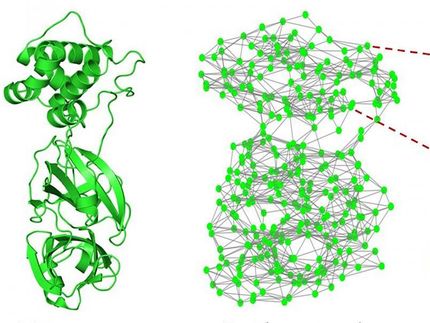EUR 400,000 for New Malaria Drug
Advertisement
The Bernhard Nocht Institute for Tropical Medicine (BNI) has received funds of EUR 400,000 from the City of Hamburg for the development of a new anti-malaria drug. In cooperation with the European ScreeningPort, this may represent a crucial step in combating the malaria parasite.
Dr Carsten Wrenger and his team at the BNI have discovered an essential metabolic pathway in malaria parasites that is not present in humans and is therefore an excellent target for new drugs. Specific inhibitors of this pathway will now be sought using high-throughput screening.
‘Many research projects end at this point,’ comments Prof. Dr Rolf Horstmann, Chairman of the BNI. ‘However, in the European ScreeningPort, we have a partner that offers an essential technology for developing new drugs based on our results. The situation is particularly urgent in the case of malaria. Every 30 seconds, a child dies of the infection, and experts are very concerned by initial findings indicating that the parasites could be developing resistance to the newest anti-malaria drugs.’
With support from Ascenion, the BNI’s technology transfer partner, a pilot project with European ScreeningPort has been set up. An initial screening of 2,500 compounds has already delivered first promising hits. ‘The view down the microscope was very impressive,’ comment Meike Johannsen and Ann-Kathrin Grützmacher from Hamburg’s Ministry of Science and Research after a visit to the BNI. ‘It is amazing to see how the growth of the parasites is affected by the addition of certain active agents. Projects such as this demonstrate that Hamburg is one of the leading life science locations in Europe.’
It is still a long way from today’s results to a usable anti-malaria drug, requiring further investments in the double-figure million Euro range. However, the financial support from the City of Hamburg will provide tremendous leverage, enabling the project to reach a stage at which subsequent funding from large foundations, funds and federal funding programmes becomes possible.
Most read news
Organizations
Other news from the department science

Get the life science industry in your inbox
By submitting this form you agree that LUMITOS AG will send you the newsletter(s) selected above by email. Your data will not be passed on to third parties. Your data will be stored and processed in accordance with our data protection regulations. LUMITOS may contact you by email for the purpose of advertising or market and opinion surveys. You can revoke your consent at any time without giving reasons to LUMITOS AG, Ernst-Augustin-Str. 2, 12489 Berlin, Germany or by e-mail at revoke@lumitos.com with effect for the future. In addition, each email contains a link to unsubscribe from the corresponding newsletter.
Most read news
More news from our other portals
Last viewed contents

New Partnership of CELLphenomics and Kyan Therapeutics - This partnership aims to offer an efficient approach to expedite drug development process in the biopharmaceutical industry
Olink Bioscience and AH diagnostics sign distributorship agreement for the Danish and Norwegian markets

Hans-Jürgen Keil Anlagenbau GmbH & Co. KG - Hunteburg, Germany























































